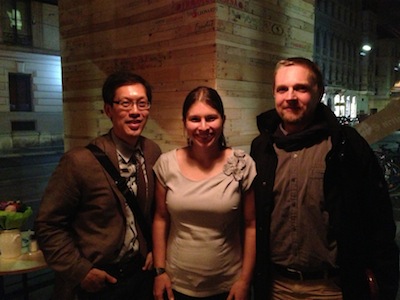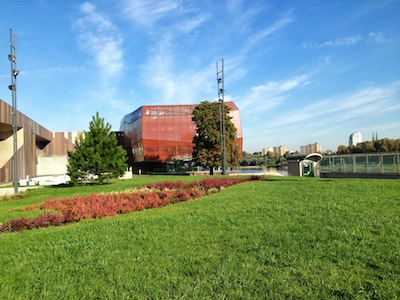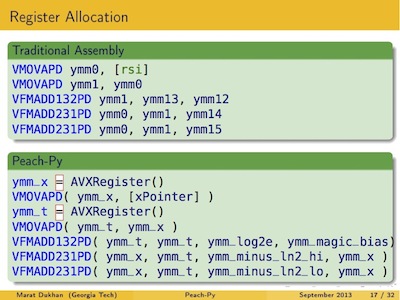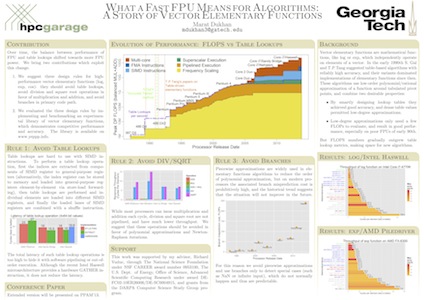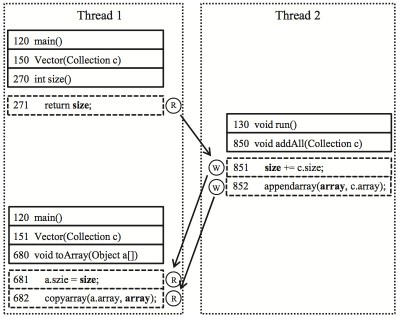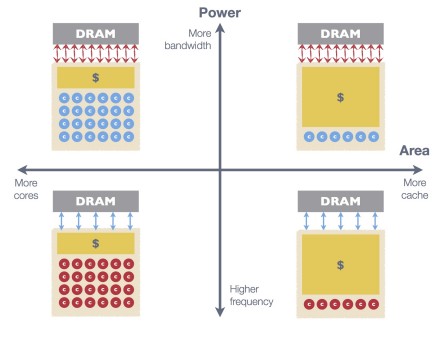We’re in Seattle this week attending the US DOE Workshop on Modeling and Simulation of Exascale Systems and Applications — “ModSim’13” [www]. A copy of Rich’s talk and pointers to supplemental materials is available here: hpcgarage.org/modsim13
-
About us
The HPC Garage at Georgia Tech studies high-performance computing. Our work spans parallel algorithms, programming models, performance analysis, automated tuning (autotuning), and debugging. We target applications in computational science and engineering (CSE), which include computer-based simulations of natural and engineered systems and analysis of massive data sets. -
Search
-
Recent
- PMAA’14 July 14, 2014
- PASC’14 June 3, 2014
- IPDPS’14 May 19, 2014
- ISCA’14 paper to appear March 30, 2014
- GPGPU-7 March 3, 2014
- SIAM PP14 February 18, 2014
- Check us out at SC’13! November 18, 2013
- VAPLS @ IEEE VIS’13 October 15, 2013
- Dagstuhl 13401 October 1, 2013
- Yeppp! 1.0 is live September 20, 2013
- ModSim’13 September 18, 2013
- Hana’s PhD Defense September 16, 2013
- PPAM’13 September 9, 2013
- Peach-Py at the BLIS Retreat September 6, 2013
- Hot Chips ’13 August 26, 2013
